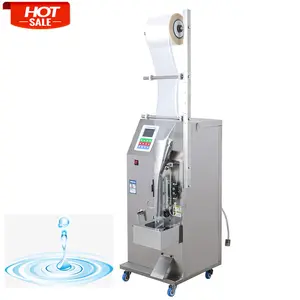Popular in your industry






Top categories
About second hand balers
Introduction to Second Hand Balers
Second hand balers, also known as used balers, are essential machinery used in the recycling and waste management industry to compress and bundle materials such as cardboard, plastic, textiles, and other recyclables into compact bales for easier storage, handling, and transportation. These balers are cost-effective solutions for businesses looking to streamline their waste management processes while reducing operational costs.
Types of Second Hand Balers
There are several types of second hand balers available on the market, including vertical balers, horizontal balers, and two-ram balers. Vertical balers are suitable for small to medium-sized businesses with limited space, while horizontal balers are ideal for larger operations that require high-volume baling. Two-ram balers offer versatility and efficiency in handling various materials.
Technical Specifications and Features
When considering purchasing a second hand baler, it's essential to pay attention to key technical specifications such as bale size, baling force, motor power, and cycle time. The bale size determines the compactness of the bales produced, while the baling force and motor power indicate the machine's capability to handle different materials efficiently. Additionally, features like automatic bale tying, adjustable bale height, and safety mechanisms enhance the overall operation and user experience.
Advantages of Second Hand Balers
Investing in a second hand baler offers various advantages to businesses, including cost savings, improved waste management efficiency, reduced labor requirements, and environmental benefits through recycling efforts. By opting for a used baler, companies can achieve their sustainability goals while enhancing their operational productivity.
Choosing the Right Second Hand Baler
When selecting a second hand baler, it's crucial to assess your specific baling needs, available space, budget constraints, and the types of materials you intend to bale. Conducting a thorough evaluation of these factors will help you choose a baler that aligns with your business requirements and operational goals. Additionally, consider the reputation of the seller and the machine's condition to ensure a reliable purchase.
Use Scenarios and Applications
Second hand balers find applications in a wide range of industries, including retail, manufacturing, logistics, and waste management. These machines are used to bale materials such as cardboard boxes, plastic bottles, textiles, aluminum cans, and more. Businesses can benefit from using second hand balers to enhance their waste handling processes and contribute to a more sustainable environment.
Maintenance and Care Tips
To maximize the performance and longevity of your second hand baler, it's essential to follow a regular maintenance schedule and adhere to proper care practices. Routine inspections, lubrication of moving parts, and prompt servicing of any issues are crucial to ensuring the baler operates smoothly and efficiently. Additionally, providing training to operators on safe and correct usage can prevent unnecessary wear and tear on the machine.
Conclusion
Second hand balers play a vital role in modern waste management and recycling operations, offering businesses a cost-effective and efficient solution for baling various materials. By understanding the different types, technical specifications, advantages, and maintenance practices associated with second hand balers, businesses can make informed decisions when purchasing and utilizing these essential machinery. Choose a second hand baler that meets your specific requirements and enjoy the benefits of improved waste management and sustainability efforts.




























